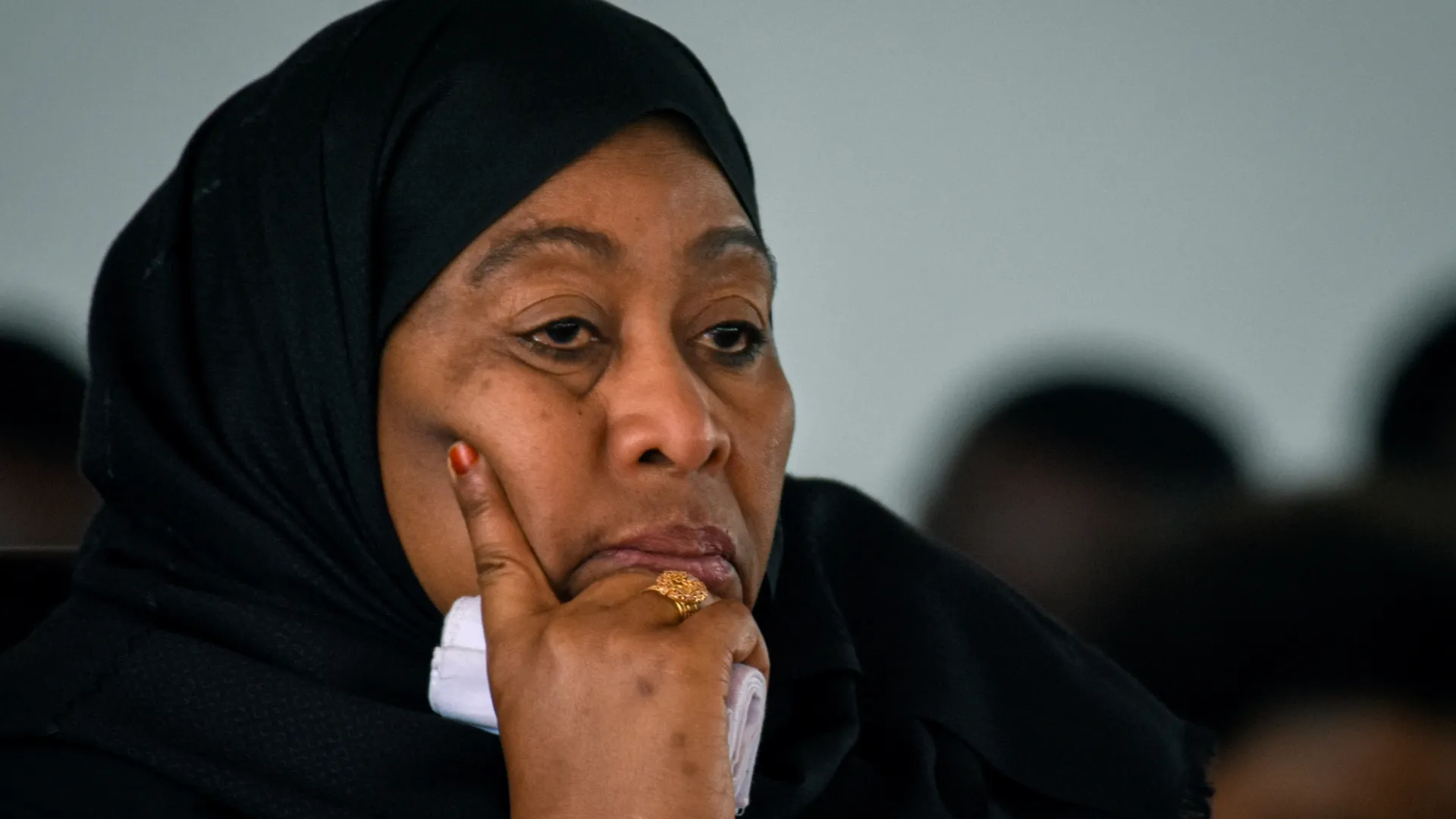DAR ES SALAAM, Tanzania — Tanzania’s presidential election opened on Wednesday with polls widely viewed as a decisive moment for President Samia Suluhu Hassan to solidify her power, even as the country faces intense scrutiny from international human rights organizations over a significant crackdown on political dissent.
With main challengers either barred or facing legal action, the election is perceived by many as a predetermined victory for the incumbent.
President Hassan, 65, assumed the presidency in 2021 following the death of her predecessor, the “iron-fisted” John Magufuli.
As the nation’s first female head of state, her early tenure was marked by a seemingly conciliatory approach, earning praise from democratic campaigners for lifting restrictions on the media and opposition.
However, those hopes for sustained political openness have reportedly faded.
Opposition purged ahead of polls
Analysts suggest President Hassan’s emphatic victory is crucial to silencing critics within her own ruling party, Chama Cha Mapinduzi (CCM). The election’s credibility, however, is being challenged due to the systematic exclusion of major opposition figures.
- Tundu Lissu, the main challenger, is currently on trial for treason, a charge that carries a potential death penalty. His party, Chadema, has been barred from participating.
- Luhaga Mpina of the ACT-Wazalendo party, the only other serious candidate, was disqualified on what were termed “technicalities.”
The crackdown has allegedly extended even to members of the ruling party. Humphrey Polepole, a former CCM spokesman and ambassador to Cuba, went missing from his home earlier this month after resigning and criticizing President Hassan. His family later reported finding blood stains at his residence.
The Tanganyika Law Society reports having confirmed 83 abductions since President Hassan took office, with an additional 20 reported in recent weeks.
Rights groups decry ‘wave of terror’
Foreign journalists were effectively barred from observing the election on the mainland, further compounding concerns over transparency. International rights organizations have sharply criticized the pre-election environment.
An Amnesty International report detailed a “wave of terror” including “enforced disappearance and torture… and extrajudicial killings of opposition figures and activists.” Concurrently, Human Rights Watch stated that “the authorities have suppressed the political opposition and critics of the ruling party, stifled the media, and failed to ensure the electoral commission’s independence.”
The ‘new normal’
An anonymous Dar es Salaam-based analyst suggested that the intelligence service, which Magufuli allegedly stacked with “thugs,” remains focused on stifling internal dissent and has “throttled the opposition.”
The analyst expressed profound anxiety regarding the future of Tanzanian politics: “We thought Magufuli was a blip and the 2020 elections were an abnormality. My worry is that this is the new normal,” the analyst said.
Despite the political tension, the country’s economy remains relatively robust, growing by 5.5 percent last year, driven by strong tourism, agriculture, and mining sectors, according to the World Bank.
Also Read: Tanzania bars opposition presidential candidate from polls, leaving Samia Samia unchallenged
President Hassan has campaigned on promises of major infrastructure projects and universal health insurance.
However, security remains a concern. Police reported arresting 17 people in the northwestern Kagera region over the weekend for allegedly planning unrest on election day. The President dismissed the threats, assuring voters of safety:
“I want to assure citizens that there will be no security threat on voting day,” said Hassan at an election rally last month. “We are well-prepared for security. Those who have failed to participate in the competition should not seek to disrupt our election.”
Though analysts anticipate a tighter race in the semi-autonomous island of Zanzibar, where polls were also seen opening, the overall election outcome on the mainland appears settled, confirming President Hassan’s trajectory to securing a full term.

